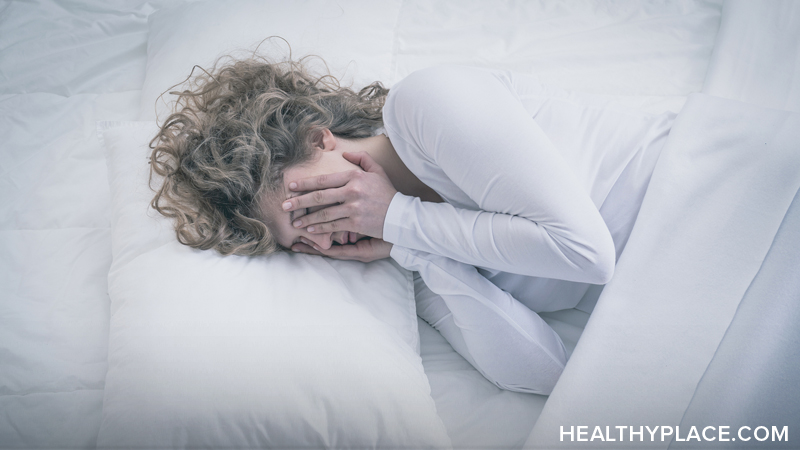Sleep Problems: What Causes Disordered Sleep?

Physiological and psychological factors, including depression and anxiety, contribute to sleep problems. Learn about the reasons for disordered sleep.
Sleep Disorders Causes
There are many reasons for disordered sleep including physical, psychological and environmental factors. Physically, some people have bone or soft tissue defects or injuries that can induce sleep irregularities. Weight gain or an illness, such as the flu, is another common physical cause for sleep disruption.
Environmental causes are also common in short-term sleep loss. Changes in the environment like a new baby, increased noise or light in the bedroom, a new mattress or even a change in sleep partner can all cause sleep disruption.
But most short-term sleep disorders are psychological in nature and are mostly induced by worry, stress (anxiety and sleep disorders) or periods of increased work. People have difficulty calming down enough to enter restful sleep or to remain asleep all night. As these psychological stressors fade, sleep generally returns to normal.
Contributing Physiological and Psychological Factors to Sleep Problems
Sleep disturbances can also be caused by other disorders such as:
- depression ("Depression and Sleep Disorders")
- anxiety ("Anxiety and Sleep Disorders"
- seasonal affective disorder (SAD)
- restless leg syndrome (RLS)
- chronic fatigue syndrome
Pregnancy is another factor, as pregnant women sometimes experience fatigue or find sleep difficult. This is commonly due to changes in hormones, body shape, vivid dreams, or the excitement or anxiety of becoming a mother.
APA Reference
Tracy, N.
(2019, September 8). Sleep Problems: What Causes Disordered Sleep?, HealthyPlace. Retrieved
on 2026, March 4 from https://www.healthyplace.com/other-info/sleep-disorders/sleep-problems-why-arent-we-sleeping



